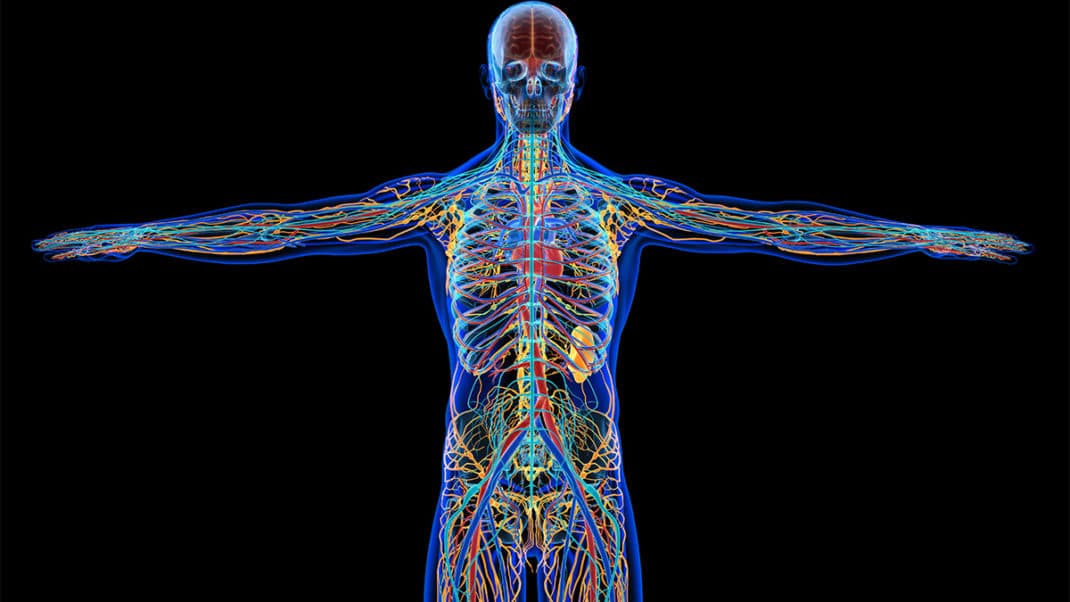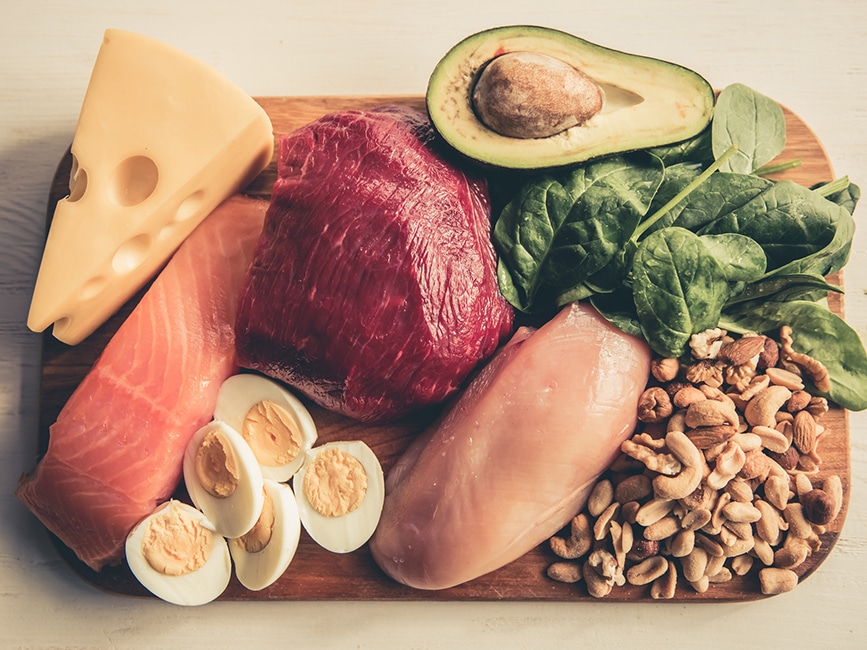Hunger and Satiety Hormones High After Diet- and Exercise-Induced Weight Loss

Researchers are just beginning to understand why weight loss maintenance is so difficult. We know that at least part of the answer lies in metabolic changes that often accompany weight loss. For example, studies show that after diet-induced weight loss, the hunger hormone ghrelin increases, while satiety decreases amid declining levels of hormones such as peptide YY and glucagon-like peptide-1. After exercise-induced weight loss, hunger hormones also rise, but some studies suggest that satiety climbs as well.
A January study in the American Journal of Physiology-Endocrinology and Metabolism examined hormonal changes in response to weight loss induced through diet and exercise in a population of 35 adults with severe obesity. Researchers measured weight, cardiovascular fitness (VO2max), appetite feelings, and blood levels of the hormones insulin, ghrelin, glucagon-like peptide 1, peptide YY and cholecystokinin at baseline, 4 weeks, 1 year and 2 years.
The intervention included a 500-calorie-per-day dietary restriction with a healthy eating pattern high in fruits and vegetables; 50% of energy came from carbohydrates, 30% from fat and 20% from protein. Participants engaged in intensive activity during several 3-week stays at the research facility and were encouraged to engage in regular physical activity with an aim of at least 60 minutes of activity on most days and at least 2–3 resistance sessions per week when at home.
The researchers found that most participants could sustain weight loss until the 2-year mark, although hunger feelings and ghrelin levels stayed high after weight loss. Postmeal levels of satiety hormones were high as well, suggesting that people with severe obesity who lose weight with a diet-and-exercise intervention have to deal with increased hunger over the long term, even though they feel more full after eating.
Natalie Digate Muth, MD, MPH, RD
"Natalie Digate Muth, MD, MPH, RDN, FAAP, is a board-certified pediatrician and obesity medicine physician, registered dietitian and health coach. She practices general pediatrics with a focus on healthy family routines, nutrition, physical activity and behavior change in North County, San Diego. She also serves as the senior advisor for healthcare solutions at the American Council on Exercise. Natalie is the author of five books and is committed to helping every child and family thrive. She is a strong advocate for systems and communities that support prevention and wellness across the lifespan, beginning at 9 months of age."






